
July 2024 New England Bi-Monthly Regional Update #2
From Bryan Krampovitis, NATCA New England ARVP
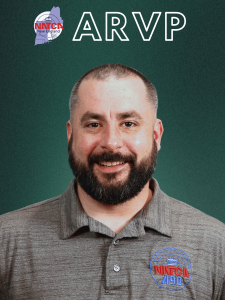
As political campaign season gets into full swing, it is fitting to talk about the Hatch Act. Many times, we are overly conservative about the Hatch Act and take the safe route to ensure we don’t do anything to violate it. I wanted to take a few minutes and explain some things we can do as federal employees that do not violate the Hatch Act.
The Hatch Act, a federal law enacted in 1939, restricts the political activities of federal employees to ensure that government functions remain nonpartisan and free from political influence. However, there are several misconceptions about what constitutes a Hatch Act violation. One common misunderstanding is that federal employees cannot express any political opinions. In reality, the Hatch Act allows federal employees to engage in political activities in their personal capacity, provided they do not do so while on duty, in a federal workplace, or using government resources. For example, a federal employee can post political opinions on social media during their off-hours or attend political rallies and fundraisers as long as these activities are conducted outside of work. Another thing we can do as federal employees is campaign for political candidates during our off-duty time, which we are always looking for volunteers for. I will post a link to sign up at the bottom of this update.
Another frequent misconception is that wearing political paraphernalia is always a Hatch Act violation. While it is true that federal employees cannot display or wear partisan political items while on duty or in federal buildings, they are permitted to wear such items when they are off-duty and away from federal premises. This means a federal employee can wear a campaign button or a political t-shirt while at a private gathering or in their personal time without violating the Hatch Act. The key distinction is the separation between professional responsibilities and personal political activities. Additionally, as federal employees, we are permitted to display political bumper stickers on our cars and drive them to work, with only the restriction that you do not use your vehicle like a mobile billboard and cover it in political stickers. One sticker per car, or one per political candidate, is the normal permitted standard.
Furthermore, some people believe that discussing political topics with colleagues is a Hatch Act violation. The Hatch Act does not prohibit all political discussions among federal employees. Casual conversations about politics can occur, provided they do not involve partisan campaign activities or occur in a manner that implies endorsement by the federal government. For example, discussing the merits of a political issue or candidate in a nonpartisan manner during a lunch break is generally acceptable. However, actively campaigning for a candidate or encouraging colleagues to vote for a specific party while at work would be a violation.
Lastly, there’s a misconception that federal employees cannot run for public office. While the Hatch Act does impose many restrictions on running, it does allow federal employees to run for nonpartisan offices, such as positions on school boards or city councils, where party affiliation is not a factor. Additionally, employees of certain federal agencies with stricter Hatch Act provisions may have different rules, but generally, federal employees can participate in nonpartisan elections. It’s important for federal employees to understand these nuances to avoid inadvertent violations while still exercising their rights as private citizens.
Understanding these guidelines can help us navigate political activities responsibly without inadvertently violating the Hatch Act. By staying informed, we can participate in the political process while upholding the integrity of our roles as federal employees.
From Steve Brown, NATCA New England ARVP

Since early in Mick’s term as Regional Vice President, a constant charge to our region has been “train your replacement.” Your New England Reps and leaders have taken that to heart. We’ve seen new Reps take on multiple roles in NATCA, both regionally and nationally. Soon we’re going to see new upper leadership take over–including in New England.
In a few short weeks, ballots for regional and national elections of your union will be counted up in a conference room in Washington, DC. With absolute certainty, there will be a new Executive Vice President, and many new members of the National Executive Board, including one from this region.
The start of new elected terms is both exciting and stressful. Some leaders may be asked to step into different roles or some may be asked to step aside in favor of fresh ideas or a new direction. No matter how the transition goes here, one thing is certain for New England: the next few months will show the completion of the original charge–train your replacement.
It also means starting that process over again for many different roles. It’s time to start training new replacements and finding new people with a passion to share fresh ideas and see things from different angles.
We have a unique opportunity in August with the first National Executive Board meeting in Portland, Me just a few days after the counting of the ballots taking place. The NEB will meet on August 6th and 7th and will hold an event on the night of Tuesday, August 6th (more on this event later in this email). If you’re a member in good standing you’re invited to attend the meetings and are encouraged to speak up and have your voice heard!
Even if you can’t make it up, think about getting involved in some way. New England has been an influential leader in this union for the past few years. In order to keep that momentum, to keep us strong and engaged, we need to keep the bench stacked up. There’s a job for everyone, all you have to do is ask. Just know that once you do, you’ll be asked to start training your replacement.
Training
From Karen MacCrate, NATCA New England Training Rep, ZBW
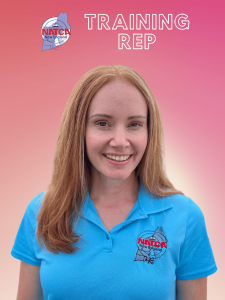
In an update earlier this year, I discussed SIT (Skill Improvement Training). I’d like to take the opportunity to discuss Skill Development Training (SDT). Specifically, SDT for someone receiving OJT on a position vs. being certified.
From FAA Order 3120.4R, Chapter 4, para 5(d) sub 2(b):
(b) SDT may be assigned to a trainee for a position on which they are receiving OJT. The trainee’s supervisor must assign SDT when a repeated performance deficiency is identified and documented through review of the trainee’s PAs, FAA Form 3120-25, -26, -27, -32, or -36, Training Team meeting discussions, observed performance, or instructor recommendations. The Trainee’s supervisor will develop SDT in consultation with the Training Team. Since the purpose of SDT is to focus on improving performance, OJT must be paused while SDT is conducted.
(c) The supervisor is responsible for documenting, in writing to the trainee, the following elements of SDT:
i. The specific performance deficiency (using the job tasks/job subtasks listed in the applicable appendix).
ii. The teaching methods to be used (e.g., simulation, classroom, electronic learning, PTT, self-study, observation).
iii. The duration and quantity of simulation, classroom, electronic learning, PTT, self-study, observation, etc.
iv. The expected performance outcome.
v. The method used to evaluate whether the outcome has been met.
(d) At the conclusion of SDT, a Training Team meeting must be conducted to document the effectiveness of the training.
(e) If the SDT was effective in correcting the performance deficiency, the trainee must resume OJT.
(f) If the SDT was not effective in correcting the performance deficiency, additional SDT must be assigned to the trainee in consultation with the Training Team.
(g) After additional SDT has been completed and has not effectively corrected the performance deficiency, the following options are available to the supervisor:
i. Evaluate the effectiveness and assign additional SDT, if applicable.
ii. Suspend training.
There was a memo dated January 5, 2022 from AJI that adds to that last line, ii. Suspend training in accordance with Chapters 6-10 of this order. Chapters 6-10 require a Performance Assessment from OJT to suspend training.
Across the district, we are seeing a lot of SIT that should be SDT. There is a hesitancy to pause OJT as required by SDT. The reason we pause OJT for SDT is because we do not want to continue to use target hours when a trainee has a deficiency that needs to be addressed. We are doing them a disservice by doing SIT and continuing OJT when it should be SDT. SIT should be used for seldom-used practices, or items we are not getting a chance to practice during OJT like holding, weather deviations, or sequencing. If we are practicing those items often and the trainee is not progressing towards proficiency, then they have a deficiency and require SDT.
As always, please feel free to reach out with any questions, ideas, or concerns at [email protected].
National Committee Spotlight
From Josh Haviland, NATCA Airspace and Procedures Committee Chair
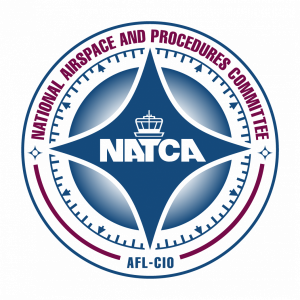
The charter of the NATCA Airspace and Procedures Committee is to serve as the union’s focal point regarding all aspects of airspace initiatives, including the development, amendment, and implementation of air traffic and instrument flight procedures and airspace within the National Airspace System. We’re a small group of self-proclaimed “ATC nerds”, all having airspace and procedure backgrounds, and every member currently serves as NATCA lead at a national level. Besides having the coolest committee logo, our committee is comprised of all full-time Article 114 representatives who run the gamut from airspace changes and 7110.65 procedures to future initiatives like Airspace Modernization. The NAPC works at the direction of the National Safety and Technology Leadership Council (NSTLC) and we are a forum to exchange technical information, ideas, and opinions and a conduit for national-level technical issues that need to be elevated.
As for current events, we recently presented information to the NSTLC on the need for NAS-wide outreach and education on the correct application of ATC procedures (7110.65 rules) and Instrument Flight Procedures (SIDs, STARs, Airways, Approaches, etc.). There have been so many technical changes to Instrument Flight Procedures over the past several years, that a lot of staff support specialists, controllers, and managers are not certain whether some procedures are always being used correctly. Airspace and procedure issues have become so complex, and folks just want to know what the rules are, and lengthy answers are not helping. That’s what the NAPC can help with! If you have any questions or would like more information about the NAPC, you can email me at [email protected].
Announcements and Information
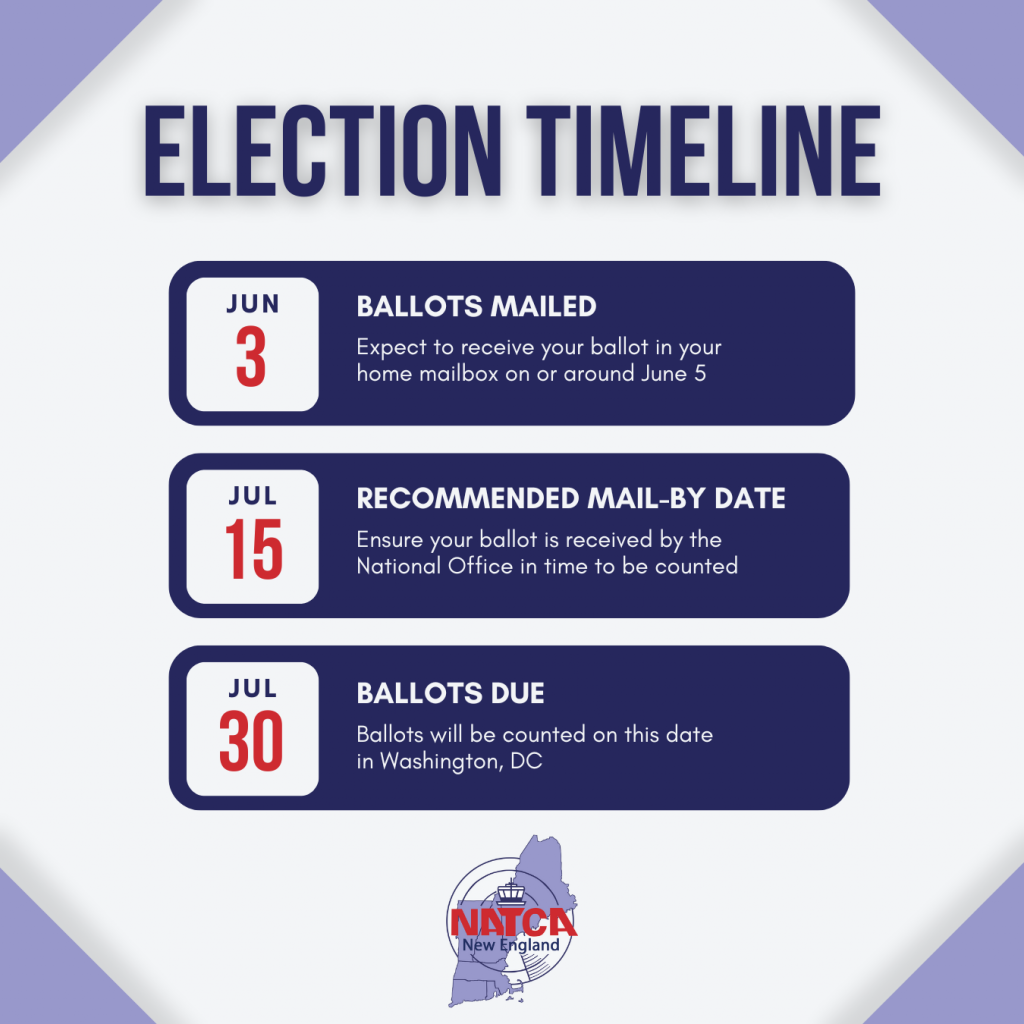
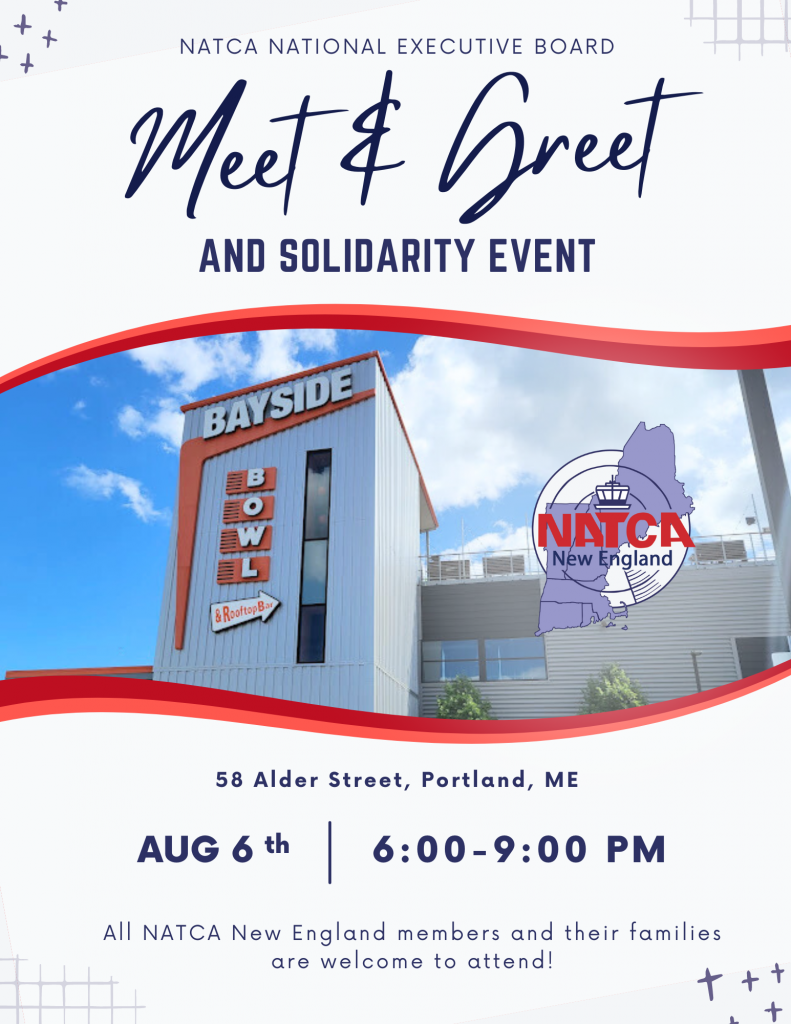
Mark your calendars! The next NATCA National Executive Board meeting will be held August 6-7, 2024 in Portland, ME! All members in good standing are welcome to sit in on the meeting. If you would like to attend, ask your FacRep for more details.
The evening of August 6, the NEB will be holding a Meet & Greet and Solidarity event at Bayside Bowl in Portland, ME from 6pm to 9pm. All members of New England and their families are welcome to attend this event! If you plan to attend or even think there may be a chance you can make it, please let your FacRep know so we can have an accurate estimate of attendance.
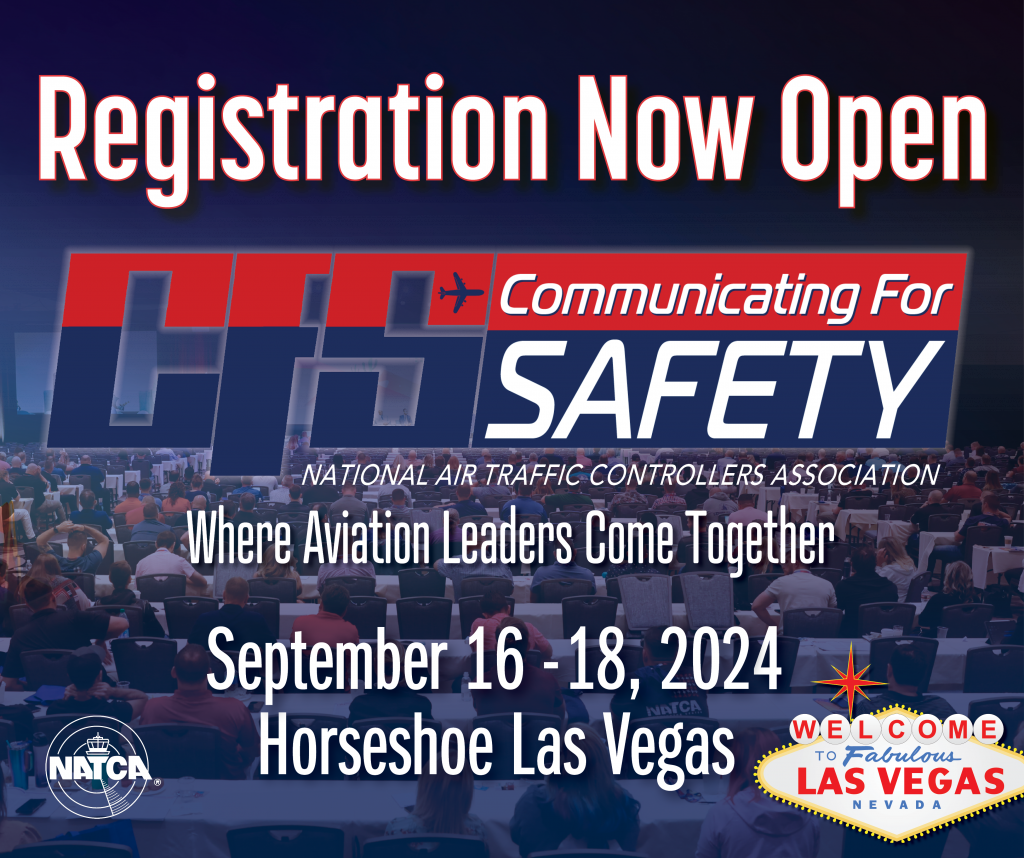
Get ready to join us at Communicating for Safety (CFS) 2024! CFS is NATCA’s premier aviation safety conference uniting industry leaders, innovators, and professionals. Join us from September 16-18, 2024, at The Horseshoe Las Vegas for three days of unparalleled insights into safety, technology, and relationship-building. Engage in dynamic discussions, network with peers and pioneers, and shape the future of aviation.
Registration is now open, and all registrants can take advantage of lower early-bird prices for conference registration and tickets for the Archie League Medal of Safety Awards banquet through August 18. Don’t wait! Save money and secure your place now for an event that promises to elevate your expertise and connections in the skies.
Register and learn more about CFS 2024 by visiting https://natca.org/cfs/
Registration for NATCA’s 20th Biennial Convention is now open. Register today and plan to be at the Marriott Marquis in San Francisco from May 9-11, 2025, with the opening ceremony taking place on the evening of May 8. Early registrants will get the best prices on all Convention events.
Please do not register NATCA members as guests. NATCA members must be registered as separate attendees to receive the proper credentialing.
Click here to register for the Convention and buy tickets for evening events. Purchase tickets before March 10, 2025, for lowest event ticket pricing!
Room reservations can be made directly during the Convention registration process. The cutoff date and time to book your room is April 14, 2025, at 5 p.m. PDT or when our Union’s room block is sold out.
For additional information and updates, visit https://natca.org/events/convention


